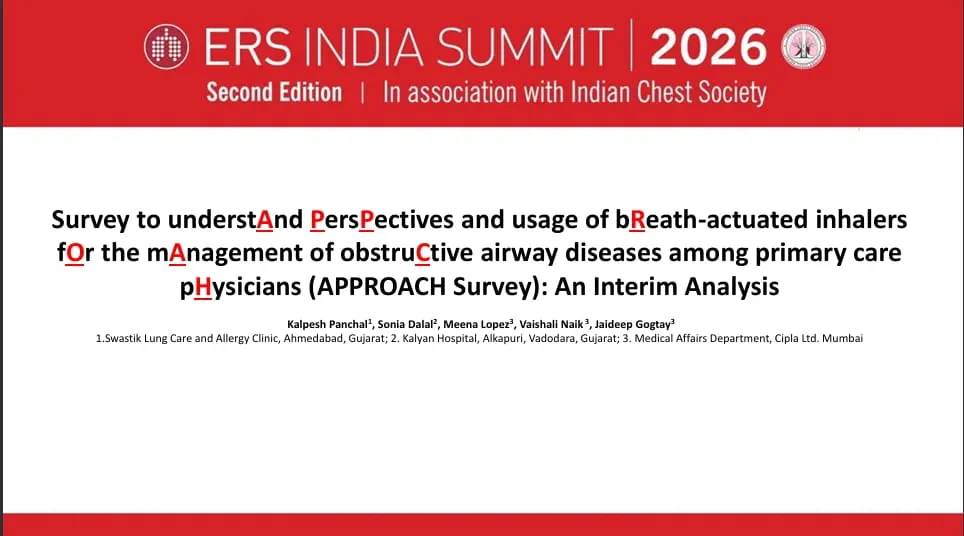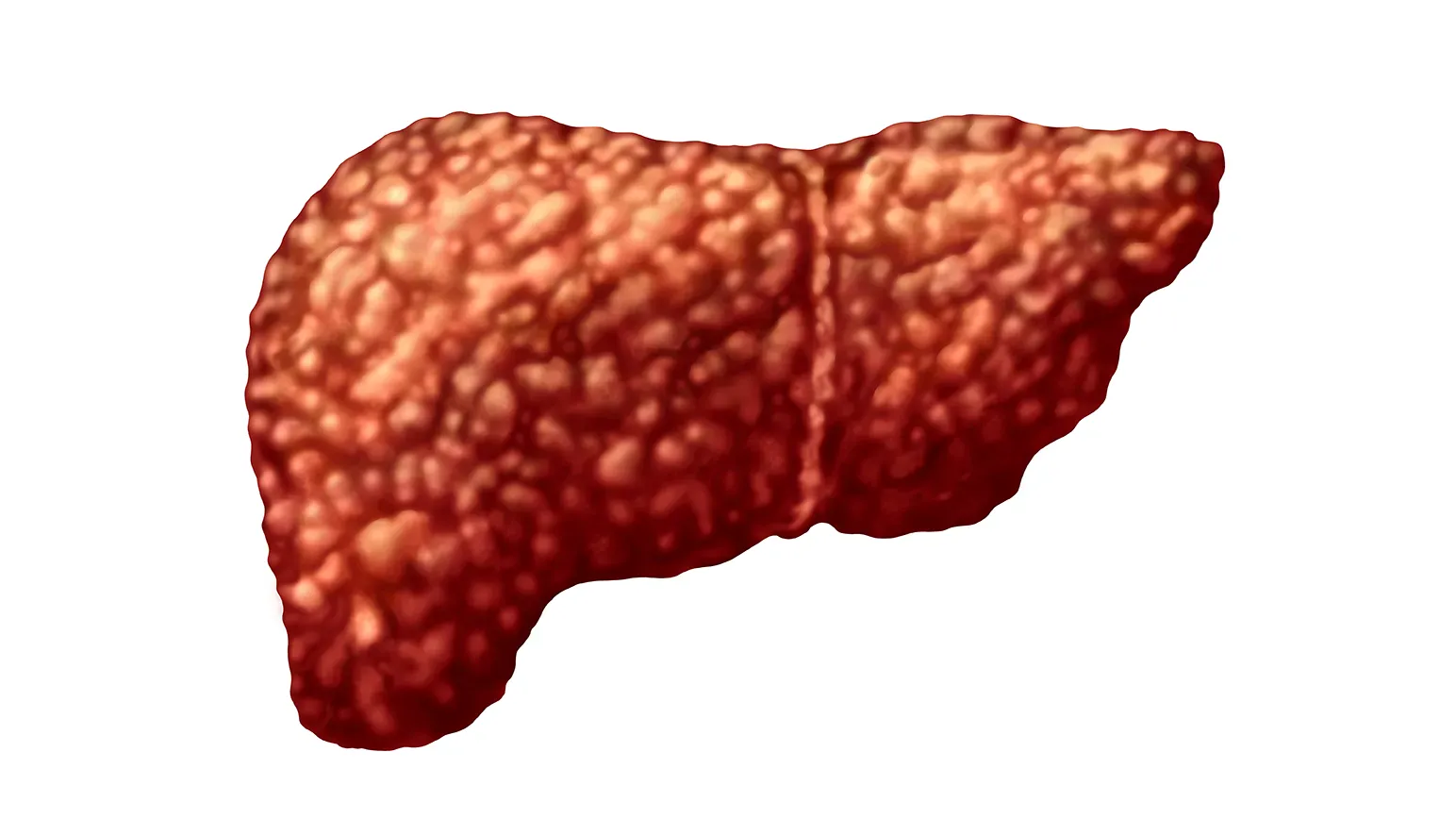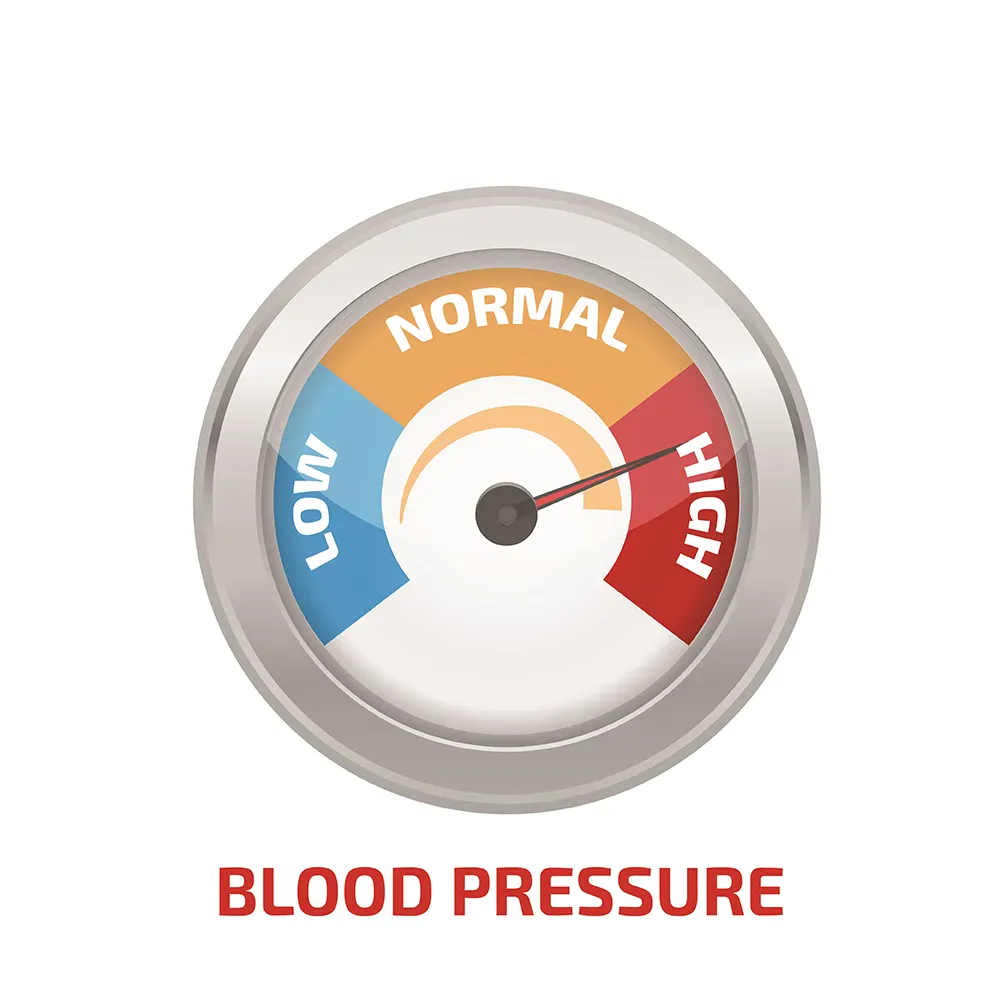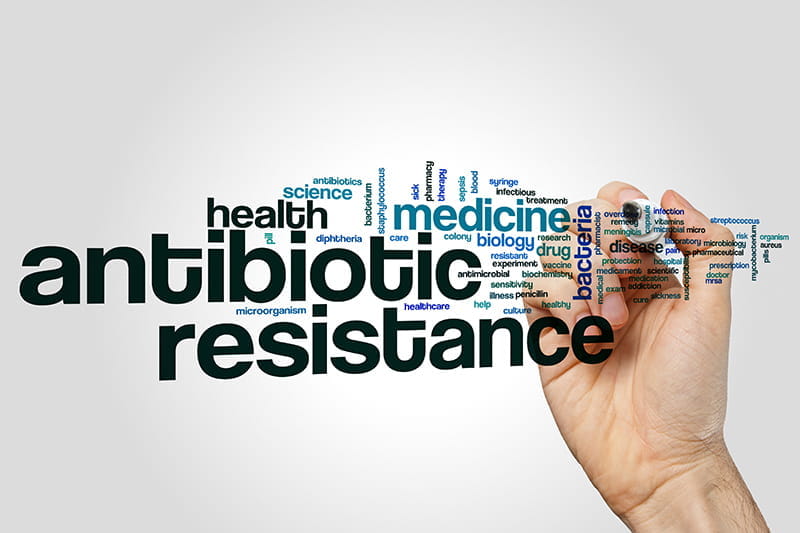Basics of Gastroesophageal Reflux Disease (GERD)
What is Gastroesophageal Reflux Disease (GERD)?
When we eat, food passes from the throat and in the stomach through a tube called as the esophagus or food pipe. GERD (gastroesophageal reflux disease) is a condition in which the acidic contents of the stomach travels upwards and in the esophagus. This acidic content hurts the esophagus leading to symptoms and even inflammation in the esophagus.
What are the Symptoms of GERD?
The most easily recognized symptoms of GERD include a burning sensation in the chest known as heartburn and regurgitation. Patients may occasionally have unusual symptoms like chest pain, difficulty in swallowing, dry cough, and sore throat.
Who is at Risk of GERD?
Some people have a higher risk of developing GERD:
- Risk factors for GERD include older age, excessive body mass index (BMI), smoking, anxiety/depression, and less physical activity at work.
- Eating habits may also contribute to GERD, including the acidity of food, as well as size and timing of meals, particularly with respect to sleep.
- Recreational physical activity appears to be protective, except when performed post-prandially.
How is GERD Diagnosed?
The diagnosis of GERD is established based on symptoms along with additional evaluations, including endoscopy of the mucosa of the esophagus, monitoring of gastric reflux.
- Esophageal pH monitoring: It involves inserting a thin tube intthe nose and down the esophagus. It is left in for 24 hours while it measures how much stomach acid is getting intthe esophagus.
- Esophageal manometry: By measuring the muscle contractions in the esophagus, this test can tell the doctor if the lower esophageal sphincter is functioning properly.
- Upper GI endoscopy: This allows the doctor to see the esophagus with an endoscope (camera)
What are the Complications of Long-Term GERD?
Over time, chronic inflammation in your esophagus can lead to complications.
Reflux esophagitis: Damage of esophagus, causing ulcers near the junction of the stomach and esophagus.
Esophageal strictures: Narrowing of the esophagus.
Barrett’s esophagus: Precancerous changes the esophagus.
Esophageal adenocarcinoma: Cancer of the esophagus.
References
Clarrett DM, Hachem C. Gastroesophageal Reflux Disease (GERD). Mo Med. 2018 May-Jun;115(3):214-218. PMID: 30228725; PMCID: PMC6140167.
Dumra H, Sainani R, Pratap N, et al. Expert Recommendations on Optimizing the Diagnosis and Management of Gastroesophageal Reflux Disease Associated with Comorbidities in the Indian Population. J Assoc Physicians India 2023;71(8):73–78.
https://www.ucsfhealth.org/education/gerd_in_ild_patients/ Last accessed on 29/04/2025
http://www.mayoclinic.org/diseases-conditions/gerd/basics/treatment/con-20025201/ Last accessed on 29/04/2025
This is not a substitute to doctor's advice and care. Please refer to your doctor for any further queries.





